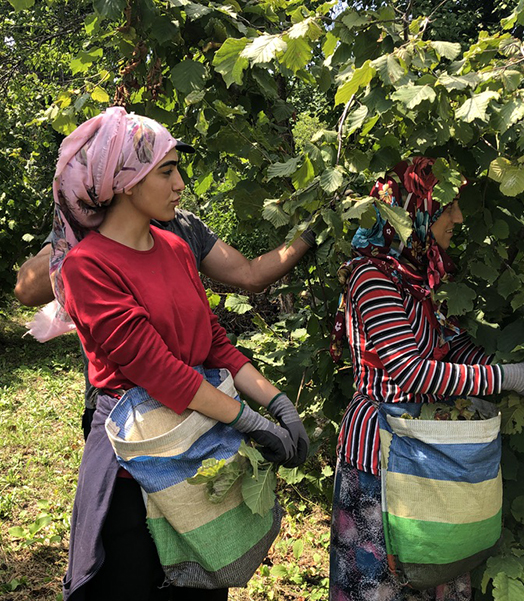Strengthening children’s rights in the hazelnut supply chain
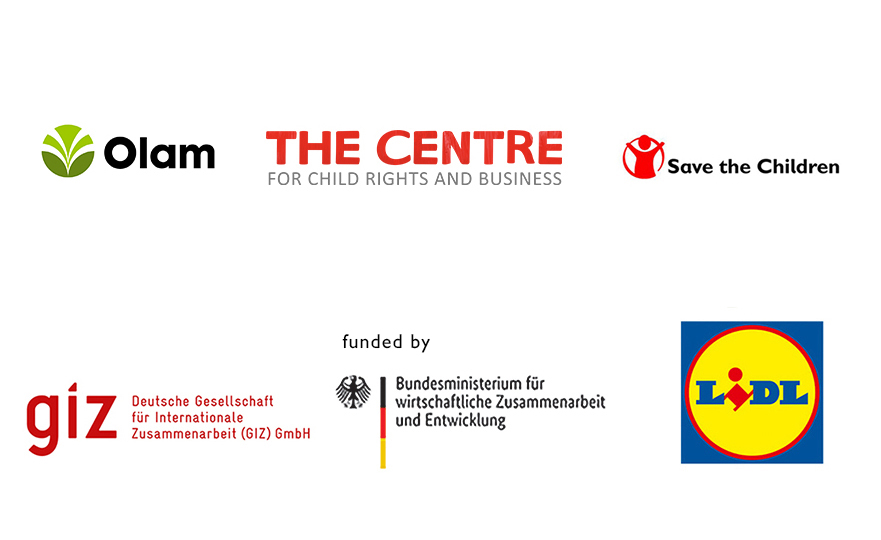
In 2020, Save the Children, our affiliate THE CENTRE, and Lidl set up an ambitious pilot project together with Lidl’s direct supplier Olam, the food and agricultural company. The aim of the project is to enforce children’s rights “beyond compliance” in the hazelnut supply chain. In addition to the implementation of measures to comply with legal provisions and internal guidelines, which protect the company itself and its corresponding supply chain, this approach focuses on the protection and further rights of the individuals concerned, thus going beyond the usual strategy of risk-based compliance. As a particularly innovative initiative, the project in Turkey is being funded by the German Federal Ministry for Economic Cooperation and Development as part of its campaign “Wir stoppen Kinderarbeit” (“Putting a stop to child labour”) and is supported by the German Development Corporation (GIZ).
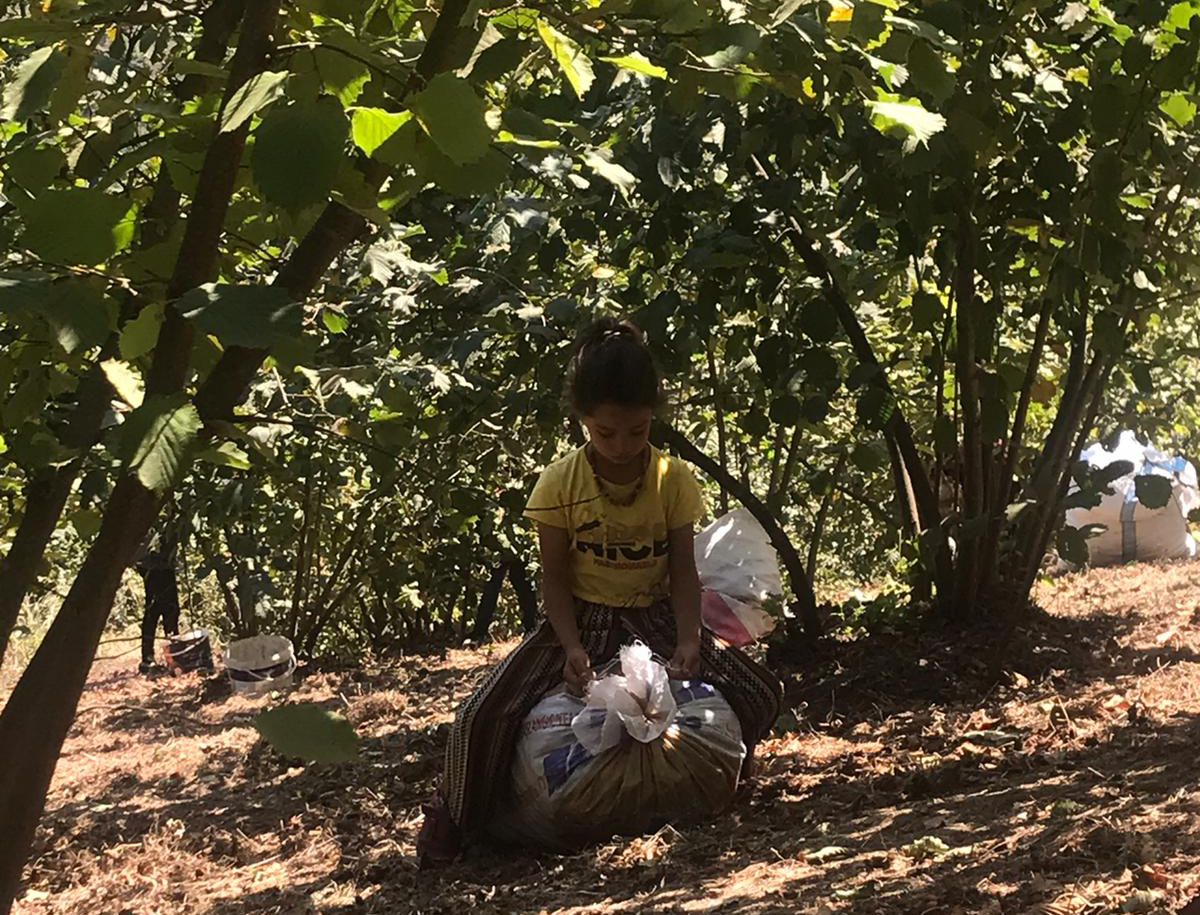
The “beyond compliance” approach means that the project is intended not only to prevent child labour in the hazelnut supply chain, but also to ensure that children have the opportunity to learn or attend school, or to have access to work that is age-appropriate and safe. Based on the experience and knowledge gained, the pilot project’s goal is to develop a model for effective interventions in this context, which can then be applied to other agricultural supply chains.
LIDL IS LEADING BY EXAMPLE
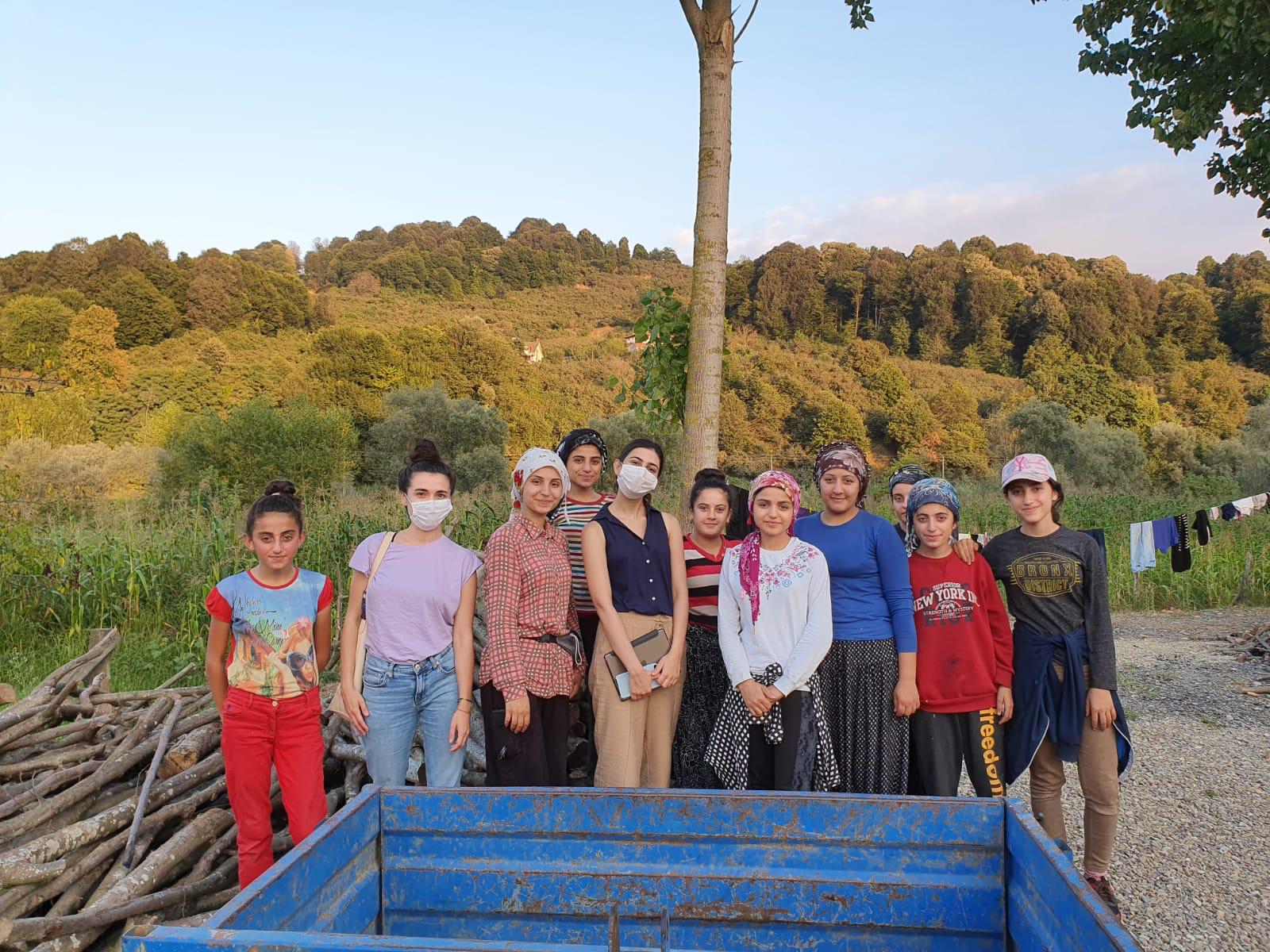
Responsible conduct is the basis for long-term success, and this principle shapes how Lidl acts both nationally and internationally. This is also evident from the pilot project in Turkey: for the first time, the entire hazelnut supply chain is being analysed to ensure that it complies with children’s rights – from production right through to harvesting and processing. In the event of non-compliance, appropriate countermeasures are initiated. Specifically, the project is concerned with enforcing children’s rights “beyond compliance”.
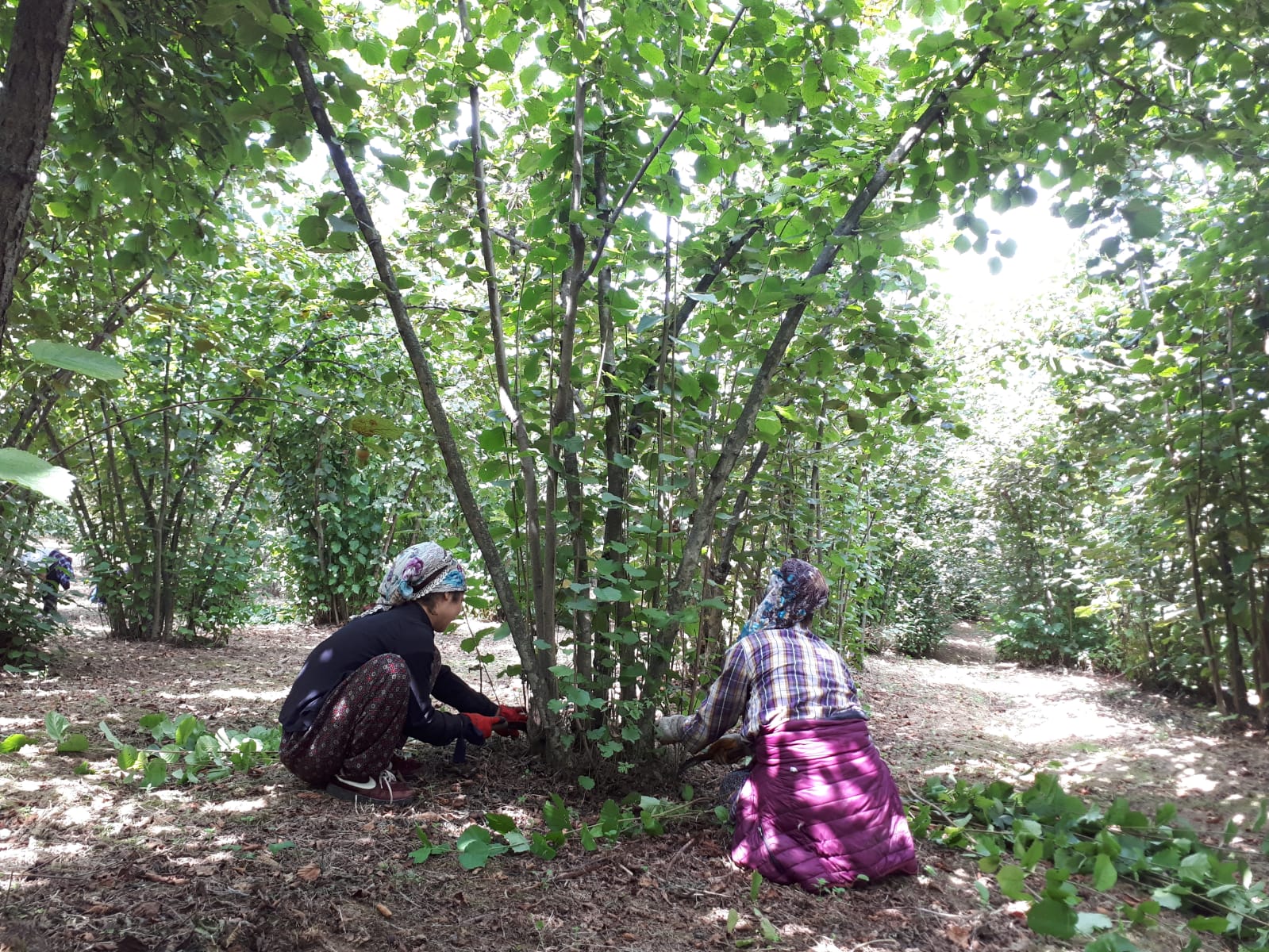
By taking these measures, Lidl demonstrates what corporate due diligence can look like in practice, by analysing, preventing and remediating child labour and other violations of children’s rights. This responsible approach to child labour is part of a process to establish children’s rights in hazelnut production in Turkey for the long term and to eliminate child labour. This makes Lidl a pioneer, because it is already implementing what Germany’s government is calling for in the as-yet unadopted Supply Chain Law and National Action Plan for Business and Human Rights (NAP) of 2016 – namely, the fulfilment of corporates obligations of due diligence in protecting human rights in supply chains.
VIOLATION OF CHILDREN’S RIGHTS – AN EXAMPLE FROM TURKEY
- Turkey accounts for 67% of the global hazelnut production.
- Two million migrant workers work in the fields of Turkey as harvest workers for crops such as hazelnuts, citrus fruits and cabbages.
- These migrant workers leave their home communities and travel through Turkey with their families from harvest to harvest for eight to nine months each year.
- The children of migrant families often remain unsupervised during the day or have to work themselves. They are very rarely able to attend school.
About the Project
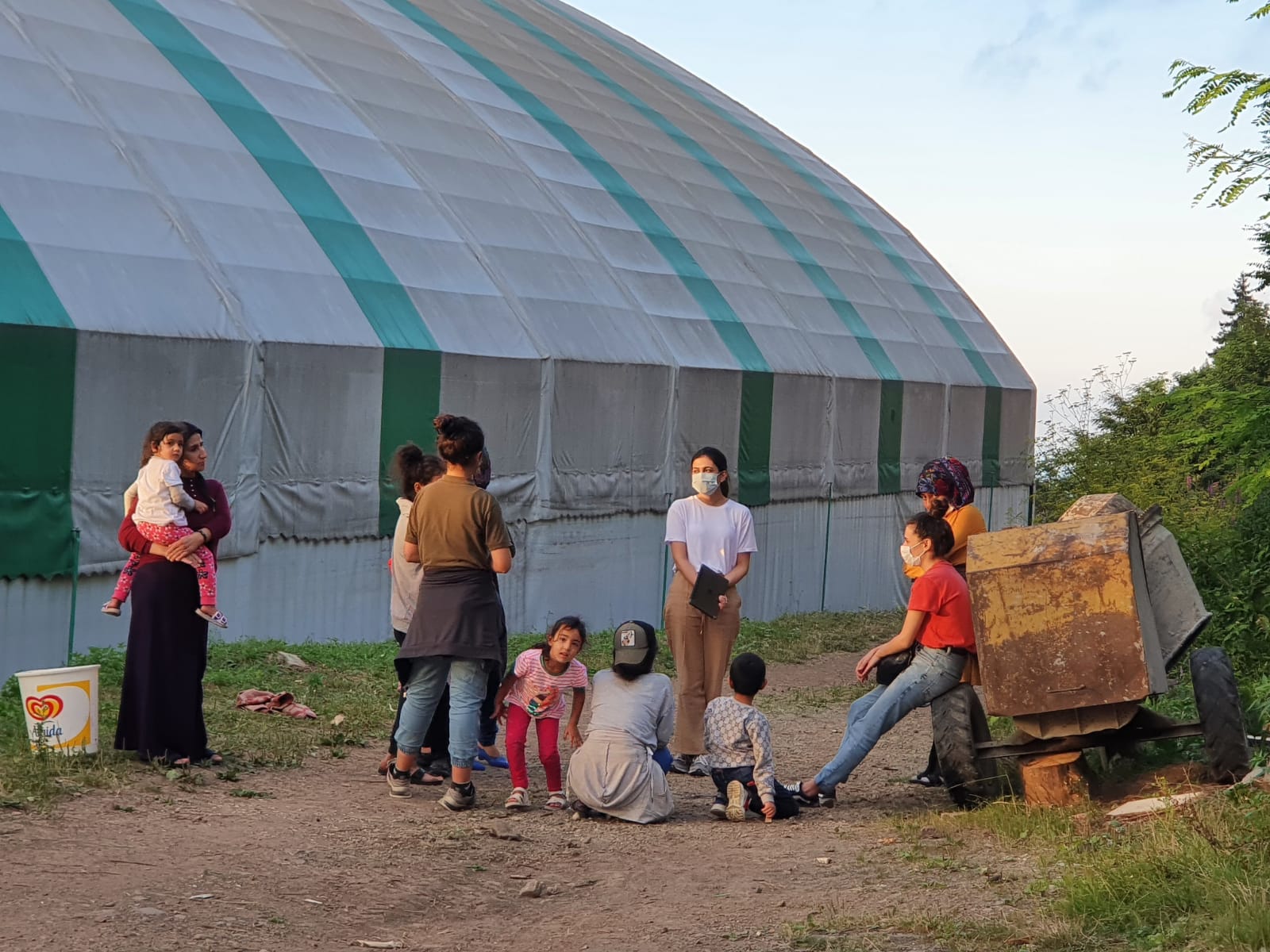
When developing the project, Save the Children and Lidl were in agreement: simply putting a blanket ban on child labour within the hazelnut supply chain is not the solution. Education and transparency are key, because a sustainable change can only be made if all actors are able to understand the problem and its solutions. Consequently, this innovative project is engaging all actors along the supply chain to change their business practices, in order to protect children and their rights. The focus is not on sanctioning bad behaviour, but on active problem-solving in the interests of the individuals affected. Due to a rights-based approach, the focus is on protecting those affected. Even after the project ends, all parties should be able to apply the measures they have developed on the basis of their knowledge over the long term and, in particular, to protect children’s rights. This will ensure the sustainability of the project.
Children have a right to learning and to safe, age-appropriate work: three pillars of success
Strengthening children’s rights in the supply chain
- Identification of risks to children’s rights, and development of a Child Rights Policy for agricultural products
- Establishment of concrete guidelines to implement the Child Rights Policy in all tiers of the supply chain
- Engagement, by means of training, of the direct supplier and all upstream stages of the supply chain, for the purposes of structural prevention and remediation of child labour
Long-term provision of activities for children during the harvesting period
- Childcare and early childhood support for young children up to the age of five
- Educational opportunities for children aged five to 17
- Access to age-appropriate and safe work as well as mentoring for 15 to 17-year-olds
Changes in awareness and structural factors
- Training and awareness-raising for parents and custodians regarding children’s rights, equality and the negative consequences of child labour
- Education regarding children’s rights in communities and authorities
- Identification of structural risk drivers such as price setting, wage structure, living costs, work processes
Our Mission:
We aim to achieve long-term success by creating a model that is transferable to other agricultural supply chains, so that children’s rights can be strengthened independently of organisations such as Save the Children. This means that, with the help of the direct supplier, stakeholders will be empowered to manifest measures that prevent and remediate child labour and protect children’s rights in the supply chain.
Your contact
Do you have any questions? Please get in touch!
